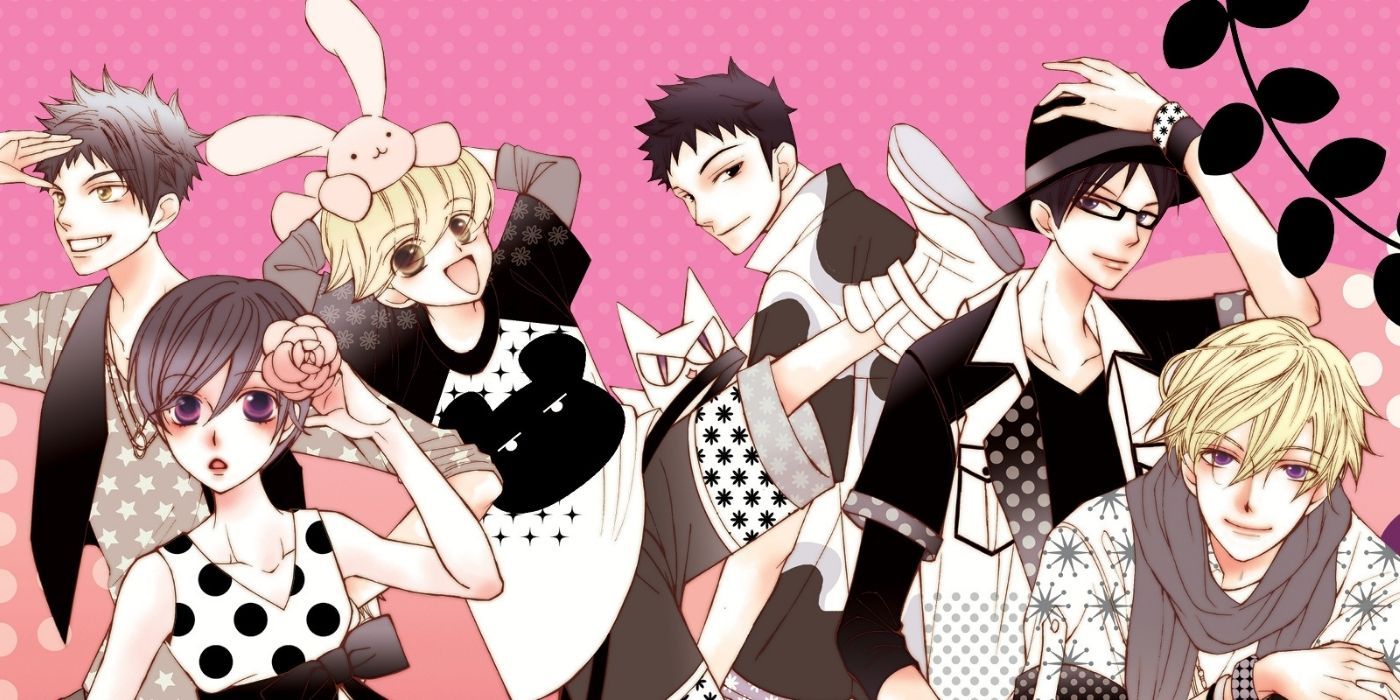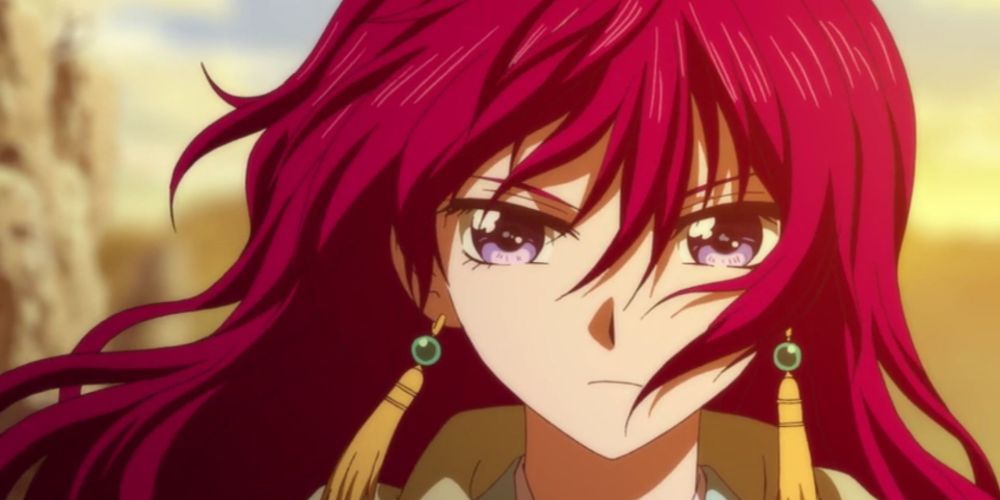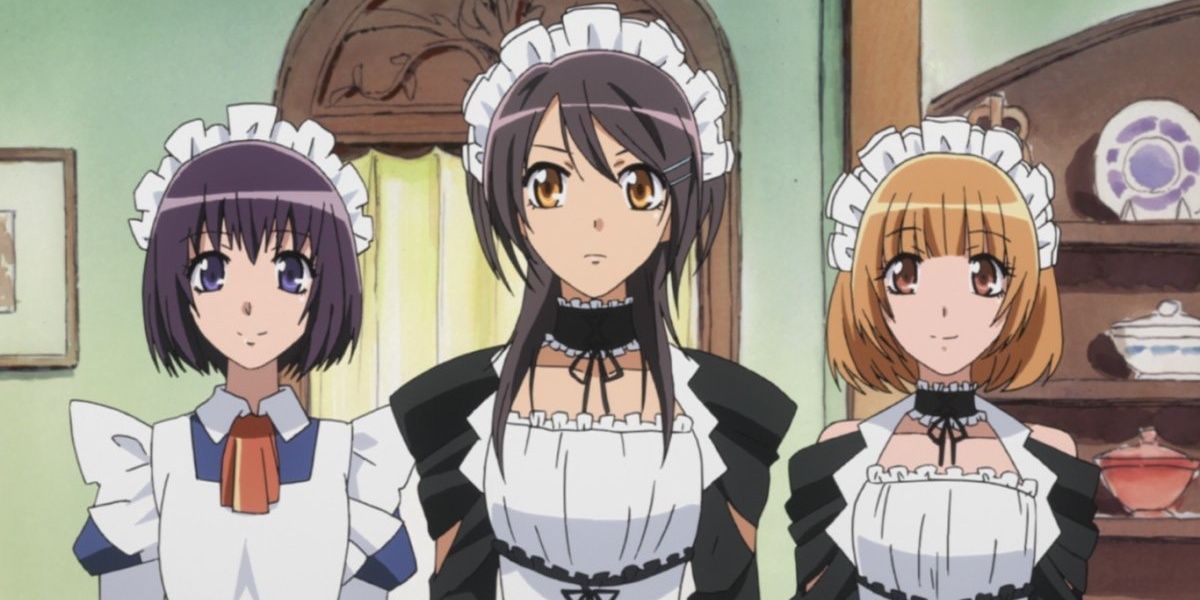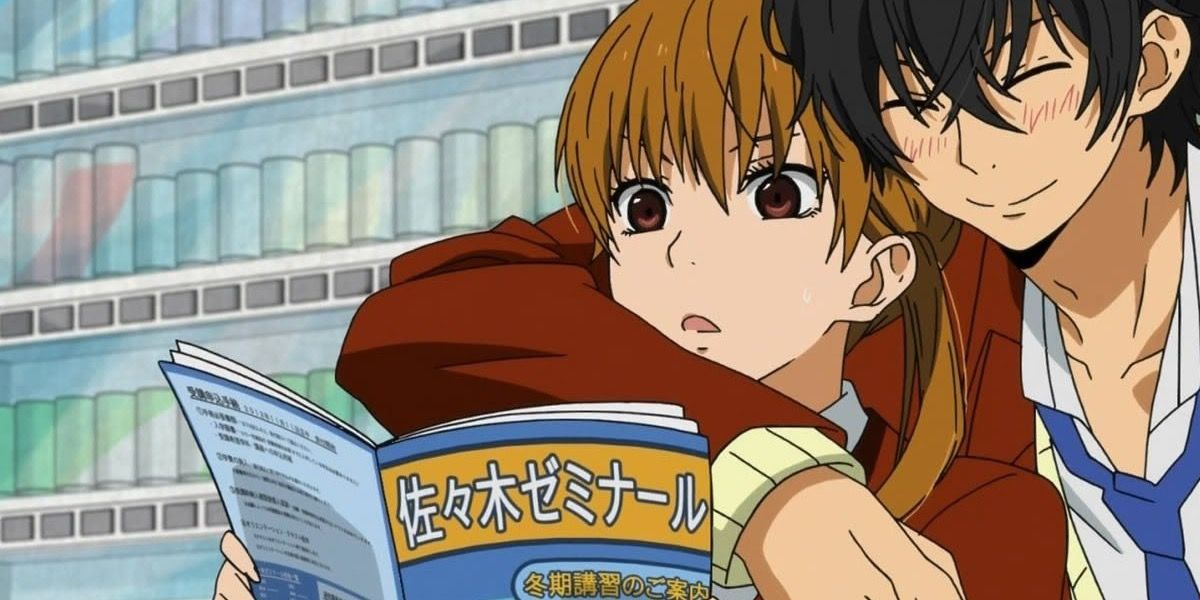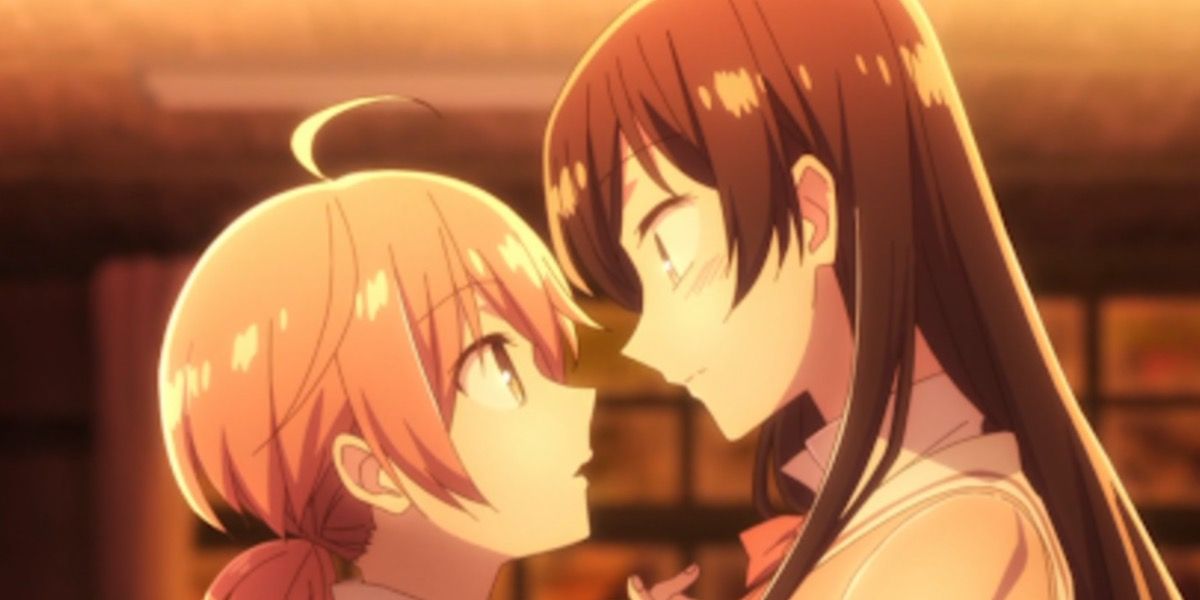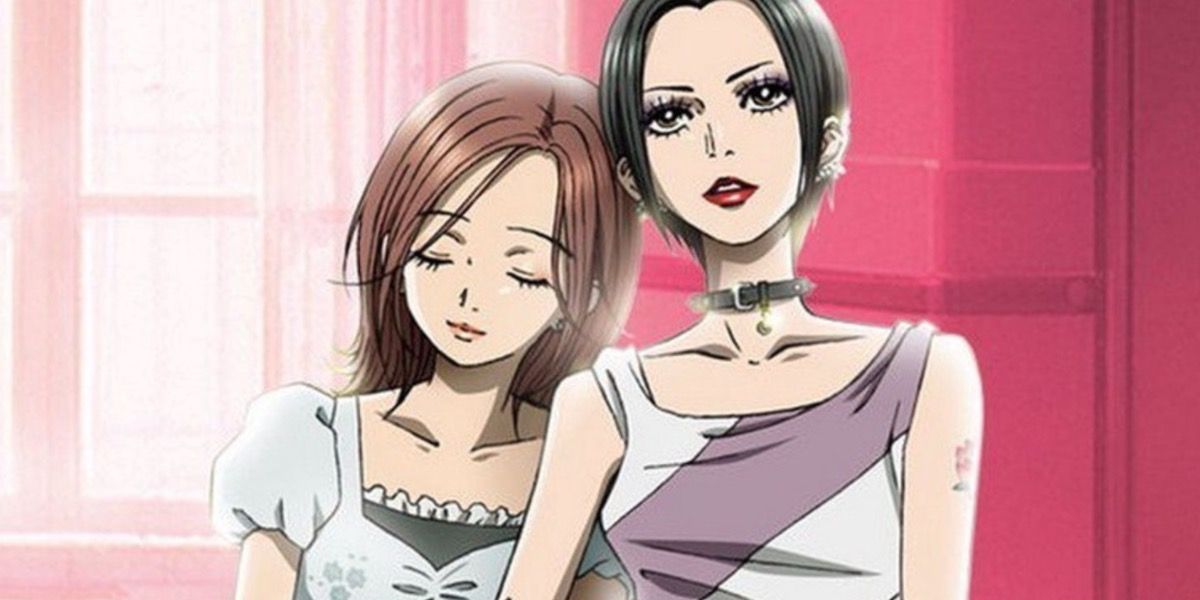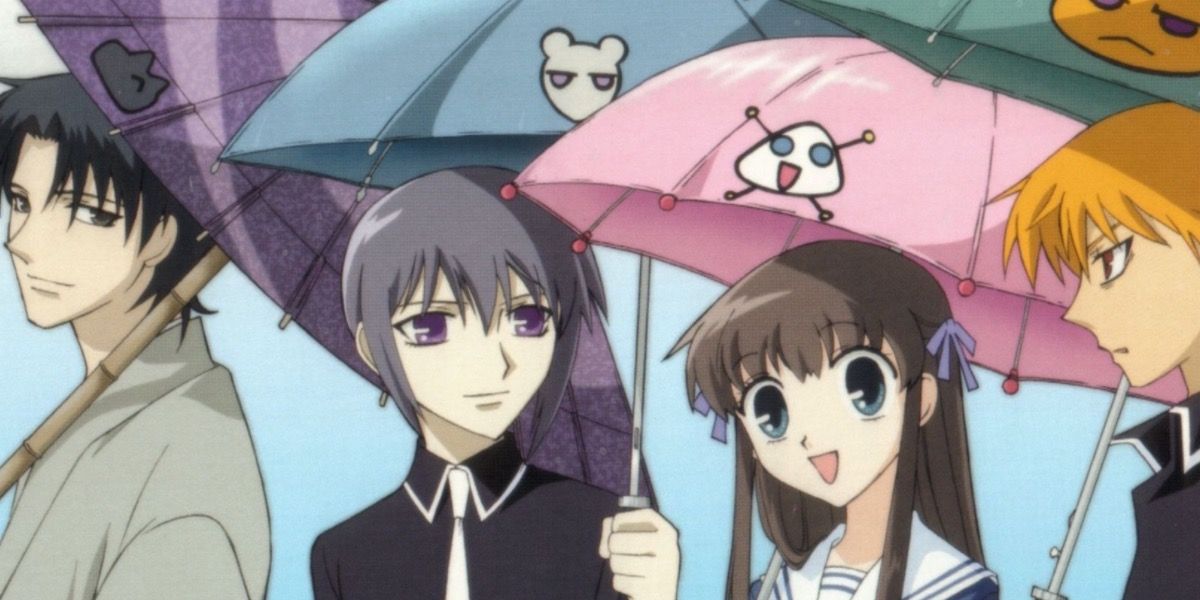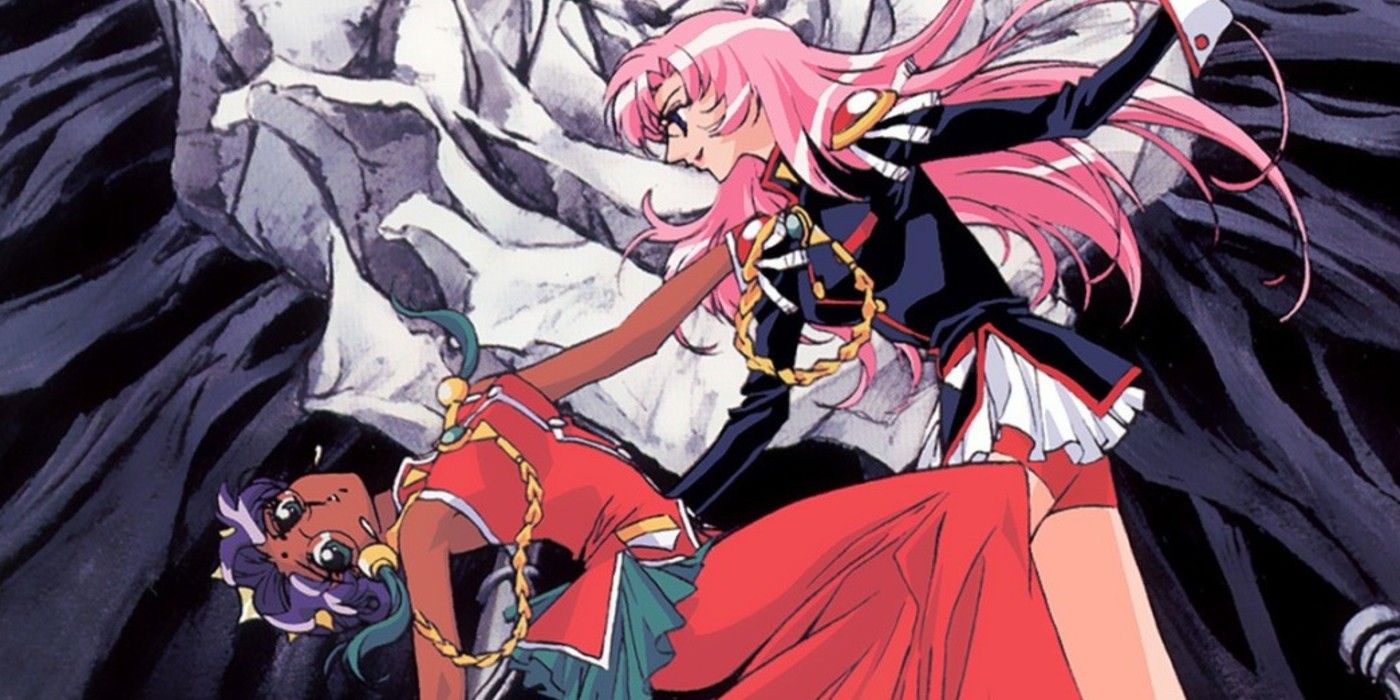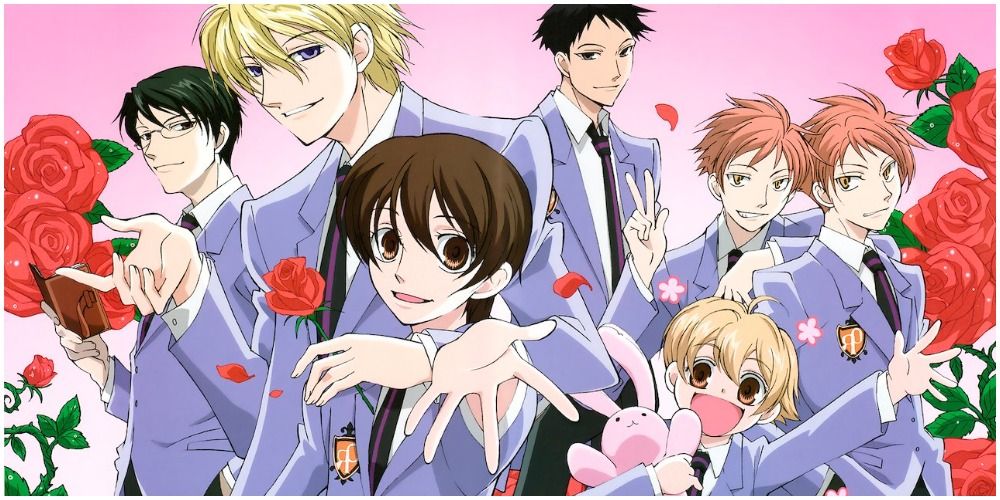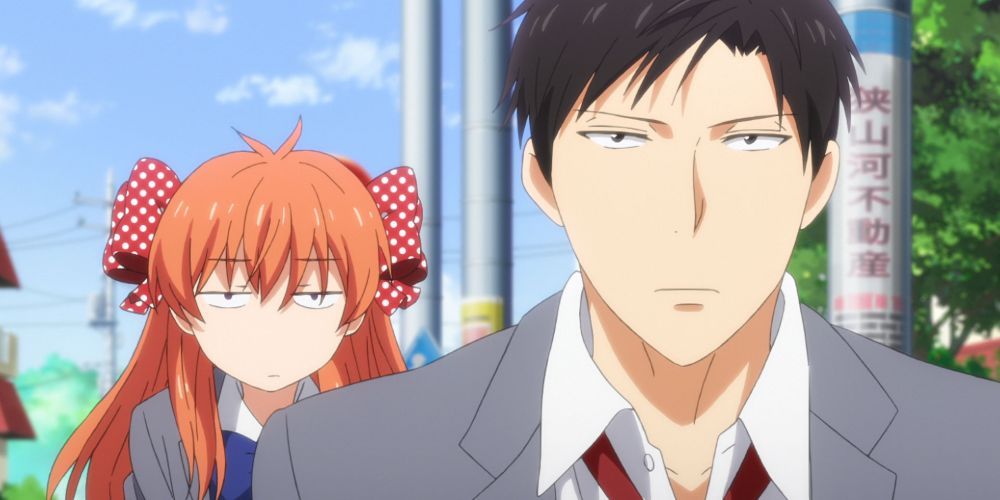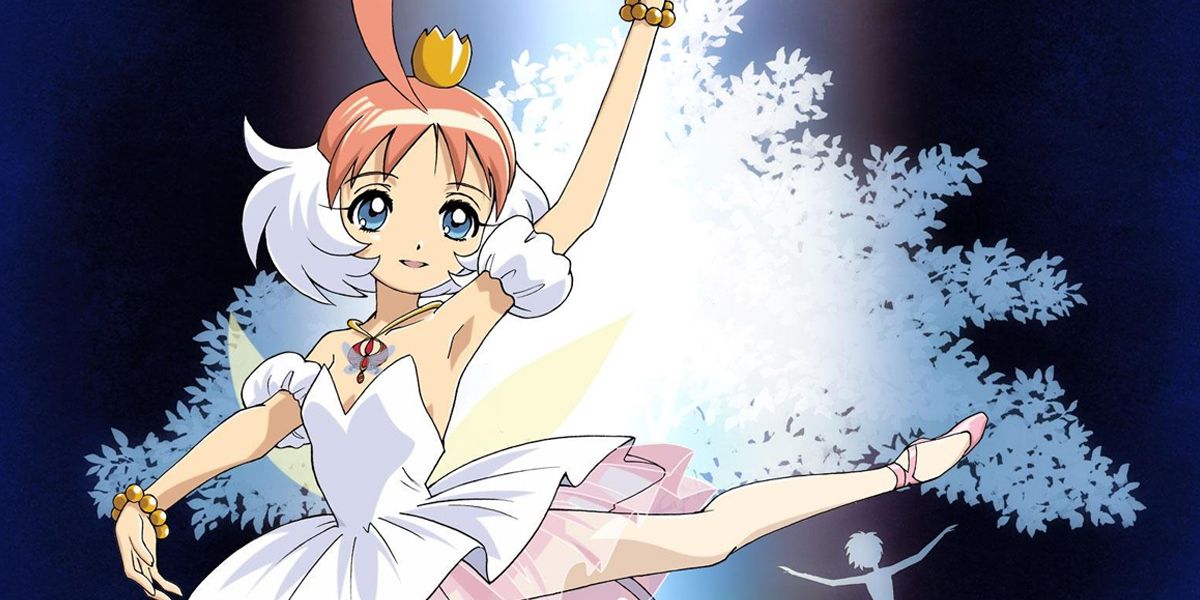There's certainly truth to the idea that there can be too much of a good thing. Countless anime have outstayed their welcome and there's no shortage of franchises that would benefit from a degree of restraint. But for every series that should be shorter, there's another that ended far too soon.
The shojo genre is constantly evolving, and these days it's often indistinguishable from modern shonen. Shojo, initially a genre aimed at young girls, emphasizes character development and romance. As the idea of girlhood is changing, and the lines between supposed target audiences blur, shojo has begun to shift as well. Some series, had they been given even more time to grow, would have only gotten better.
10 Yona of the Dawn Is Nowhere Near Finished
Fans have been gifted an excellent series in the historical action romance Yona of the Dawn, but they haven't been given the full story. While the manga has run for nearly 200 chapters, the anime only covers the first 47.
Inspired by Chinese historical and cultural references, and set in a fantasy kingdom called Kohka, Yona of the Dawn chronicles a princess' flight from her kingdom after a coup d'etat throws her world into disarray. Epic in its scope and well-written, Yona has only gained more fans since its anime finished. A sequel series is long overdue.
9 Maid-Sama Could Do With A Reboot
Maid-Sama could probably do with a reboot, not just a sequel. Rarely spoken of now but a favorite among shojo fans, Maid-Sama chronicles the life of Misaki Ayuzawa, a top student at a male-dominated high school who secretly works at a maid cafe to help support her family. When a rowdy classmate named Takumi discovers her secret, shenanigans and, of course, romance ensue.
While the fanservice and overall message are questionable at times, Maid-Sama can be interpreted as critical of gender roles. Given a chance at a reboot, the show could expand on these ideas and add more depth to its characters. For now, it's hard to recommend Maid-Sama without a few reservations.
8 My Little Monster Was Off To A Rollicking Good Start
A few off-color jokes in My Little Monster's initial episodes don't prevent this series from accomplishing a great deal in its short runtime. Skipping over the "will they, won't they" trope in favor of canonizing the central couple early on in the story, the show is a lighthearted romantic comedy that balances humor and pathos incredibly well.
Featuring familiar tropes about a reserved student and a misunderstood delinquent falling in love, there's not a ton of originality in My Little Monster, but the characters are endearing from the get-go. Sometimes the familiar can be a comfort, and more of this series wouldn't be remiss.
7 Bloom Into You's Queer Representation Merits A Continuation
Bloom Into You is a rare gift: a yuri anime that manages to capture a queer romance without devolving into fanservice. Curiously, the series is marketed as shonen, further proof that these older designations are dissolving. The anime covers the first five volumes of a manga that eventually concluded with eight. After rejecting uncomfortable confessions from boys, middle schoolers Touko and Yuu become friends.
Though Touko confesses to Yuu, she doesn't expect reciprocation, and the series is about the pair navigating adolescence and their feelings. Bloom Into You isn't perfect, but it exemplifies some of the best elements of the yuri subgenre while challenging more damaging tropes. It would be a shame never to see the story come to fruition in a landscape that definitely needs this kind of representation.
6 Nana Elevated The Shojo Subgenre And Then Vanished
Nana, were it published today, would certainly be described as seinen. Even so, it was initially serialized in Shojo Beat and received awards in the shojo category. The anime is considered a modern classic because it refuses to flinch away from the messiness of young adulthood and the flaws of its characters.
While the 2006 anime does have an ending, the pacing and tone feel a bit off, in part because the manga didn't go on hiatus until 2009. Nana's creators suggested they would produce a second season after the manga ended, but this has never come to be. More than a decade later, fans are still waiting for a satisfying conclusion.
5 Fruits Basket Is Getting The Remake It Deserves
Fans should really be thanking their lucky stars that Fruits Basket (2019) is delivering on every aspect, because the original anime never got the chance. While the current reboot serves as an ideal adaptation, arguably even improving on the manga, the original anime came up short.
Produced by Studio Deen, Furuba (2001) comprised 26 episodes that more or less covered the first six volumes of the manga. It was not an entirely faithful adaptation and the creators made curious decisions to erase a few subplots. Essentially, the first anime ends where the 2019 anime's first season ends, and there's tons more story about Tohru and the Sohmas to cover.
4 Utena's Revolution Hasn't Ended, So Why Has The Show?
Revolutionary Girl Utena was something of an experiment, the yuri-esque brainchild of famed creator Kunihiko Ikuhara. Revolutionary for its time due to its overt elements of queer romance and blatant defiance of gender roles, Utena's reputation as a landmark series remains very much intact decades later.
While fans have often preferred the anime adaptation to the manga – in part because the anime is much bolder when it comes to queerness – the manga has one thing going for it: there's significantly more of it. In 2017, several sequel chapters set 20 years after the original series were published by Shogakukan. It would be a shame if Kunihiko Ikuhara weren't given a chance to adapt these chapters and give them his signature arthouse treatment.
3 Ouran Fans Refuse To Abandon Hope
Will Ouran forever be the one that got away? Despite rumors of a sequel finally happening this year, no actual confirmation of a second season has been released. It's a curious thing, given that Ouran has seen no dip in popularity in the international market since its debut.
The original anime, produced in 2006 by the ever-reliable Studio Bones, is a perfect balance between a parody of shojo and a delightful shojo in itself. Unfortunately, there's little closure in this series, with barely a love confession or resolution taking place by the final episode. The manga, on the other hand, concluded years later with a much more traditionally romantic ending. Who can blame fans for hoping to see it captured on screen?
2 Nozaki-Kun Is A Gift That Should Keep On Giving
Nozaki-Kun, like Ouran, isn't afraid to lambast the genre it pays homage to. While the show can probably be described as shojo, there are few audiences who wouldn't enjoy the wit and humor of the writing. At times, Nozaki-Kun is a delightful piece of edutainment, teaching both characters and audiences about the expectations and internal failures that mangaka contend with.
And Sakura, earnest but discerning, proves the perfect foil for the dry and oblivious Nozaki. While the show is altogether too brief — only 12 near-perfect episodes — the manga is still going strong, having just published its tenth-anniversary special.
1 Princess Tutu Deserves Its Cult Status And A Reboot
Princess Tutu packs a wallop that few would suspect based on the marketing and cutesy art style. A show about a duck falling for a prince has no business being this hardcore, but it is. Princess Tutu is a retelling of Swan Lake that borrows from a wide range of European folktales, and anyone who knows fairytales knows they can be very dark indeed. It isn't surprising that the show has Faustian elements, too.
While Princess Tutu gets increasingly more metacognitive and strange as it proceeds, the story lacks a proper ending. Cult fandom hasn't been enough to grant it one, and it's a real shame. There remains nothing like this show, and without series like Princess Tutu paving the way, it's hard to imagine there would be other subversive shojo anime like Madoka.

